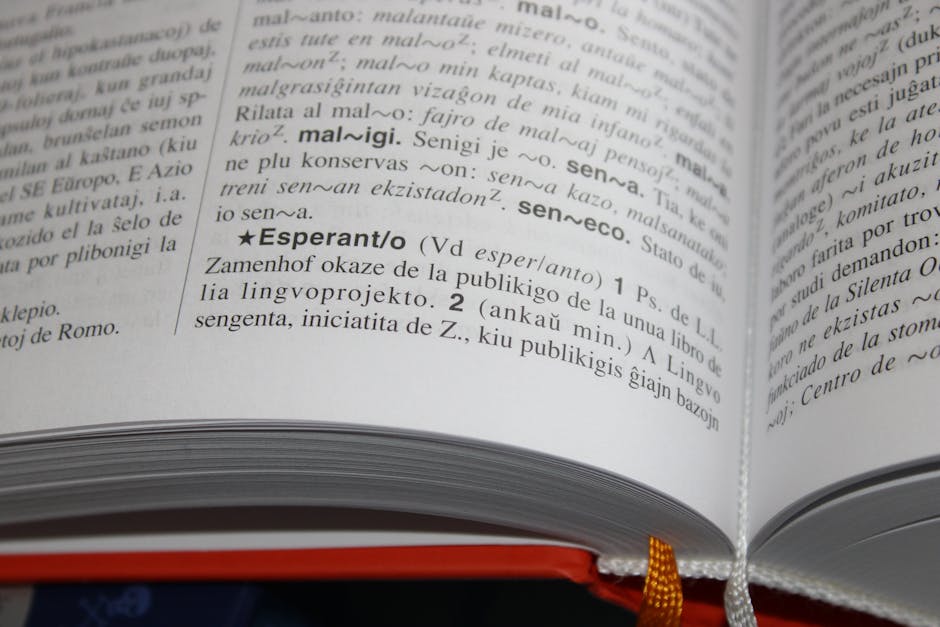The Importance of Cross Cultural Communication Skills
The Importance of Cross Cultural Communication Skills
Blog Article

In an increasingly interconnected world, understanding and navigating cultural differences has become essential for effective communication. cross-cultural language expertise refers to the ability to communicate effectively across diverse cultural contexts, recognizing that language is not just a tool for conveying information but also a reflection of cultural norms, values, and practices. This expertise is invaluable in fostering mutual understanding and collaboration among individuals from different backgrounds. As globalization continues to shape our interactions, developing skills in cross-cultural communication is more relevant than ever.
The Importance of Cross-Cultural Communication Skills
Effective communication is foundational to building relationships in any professional or personal setting. In multicultural environments, the nuances of language can significantly impact interactions. Misunderstandings arising from cultural differences can lead to conflicts, misinterpretations, or missed opportunities. Therefore, possessing strong cross-cultural communication skills is crucial for anyone working in international settings or with diverse teams. These skills facilitate clearer dialogue, enhance teamwork, and promote respect among individuals with varying cultural backgrounds.
For instance, certain phrases or gestures that are acceptable in one culture may be offensive in another. Understanding these subtleties can prevent unintentional faux pas and create a more inclusive environment. By honing cross-cultural language expertise, individuals can effectively navigate these complexities, leading to stronger relationships and more effective collaboration.
Practical Applications of Language Expertise in Multicultural Environments
The practical applications of language expertise in cross-cultural settings are vast and varied. In fields such as business, diplomacy, healthcare, and education, professionals encounter situations where effective communication across cultures is paramount. For example, in international business negotiations, the ability to understand and respect cultural protocols can greatly influence the outcome of deals. Knowing how to communicate in a culturally sensitive manner can foster trust and build rapport with overseas partners.
In healthcare, practitioners who possess cross-cultural language skills are better equipped to connect with patients from diverse backgrounds, ensuring that they receive appropriate care. By understanding cultural beliefs and practices, healthcare professionals can enhance patient outcomes and satisfaction.
Moreover, in education, teachers with cross-cultural communication expertise can create inclusive classrooms that respect and celebrate diversity. This not only enriches the learning experience but also prepares students to thrive in a global society.
Developing Cross-Cultural Language Competence for Professional Growth
Building cross-cultural language competence is a dynamic process that involves ongoing learning and self-reflection. Here are some strategies to enhance this expertise:
- Engage in Language Learning: Learning a new language opens doors to understanding different cultures. It helps individuals appreciate linguistic nuances and cultural contexts that shape communication.
- Seek Cultural Immersion: Traveling or participating in cultural exchanges can provide firsthand experience of different communication styles and cultural practices. This immersion fosters empathy and adaptability.
- Participate in Workshops or Training: Consider enrolling in workshops focused on cross-cultural communication. These programs often provide practical tools and frameworks to navigate cultural differences effectively.
- Practice Active Listening: Cultivating the ability to listen actively and attentively can improve understanding and reduce miscommunication. It demonstrates respect for the speaker's perspective.
By incorporating these strategies into personal and professional development, individuals can enhance their cross-cultural language expertise, ultimately leading to greater success in diverse environments.
Conclusion and Resources for Further Learning
Cross-cultural language expertise is essential in today’s globalized landscape. By understanding the importance of effective communication across cultures, professionals can enhance their relationships, drive collaboration, and foster inclusivity. For those looking to dive deeper into this subject, there are numerous resources available. Online platforms, books, and courses dedicated to cross-cultural communication provide valuable insights and guidance.
Embracing language learning as a tool for enhancing cultural understanding not only benefits individuals but also enriches the communities and organizations they are part of. For more information on developing these essential skills, consider exploring programs focused on cross-cultural language expertise.
Report this page